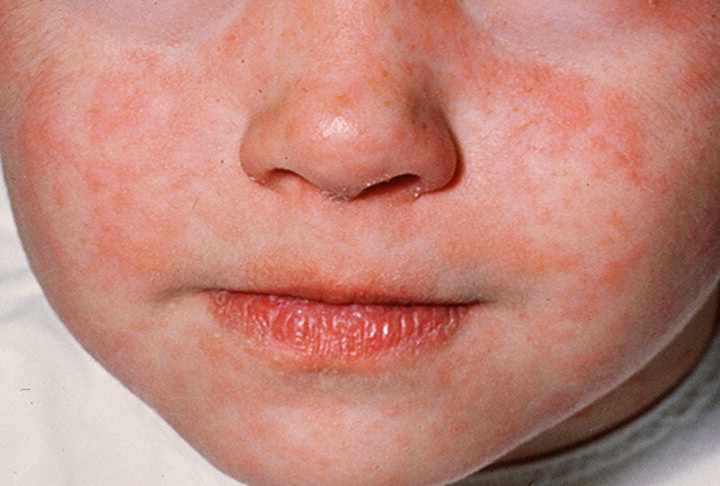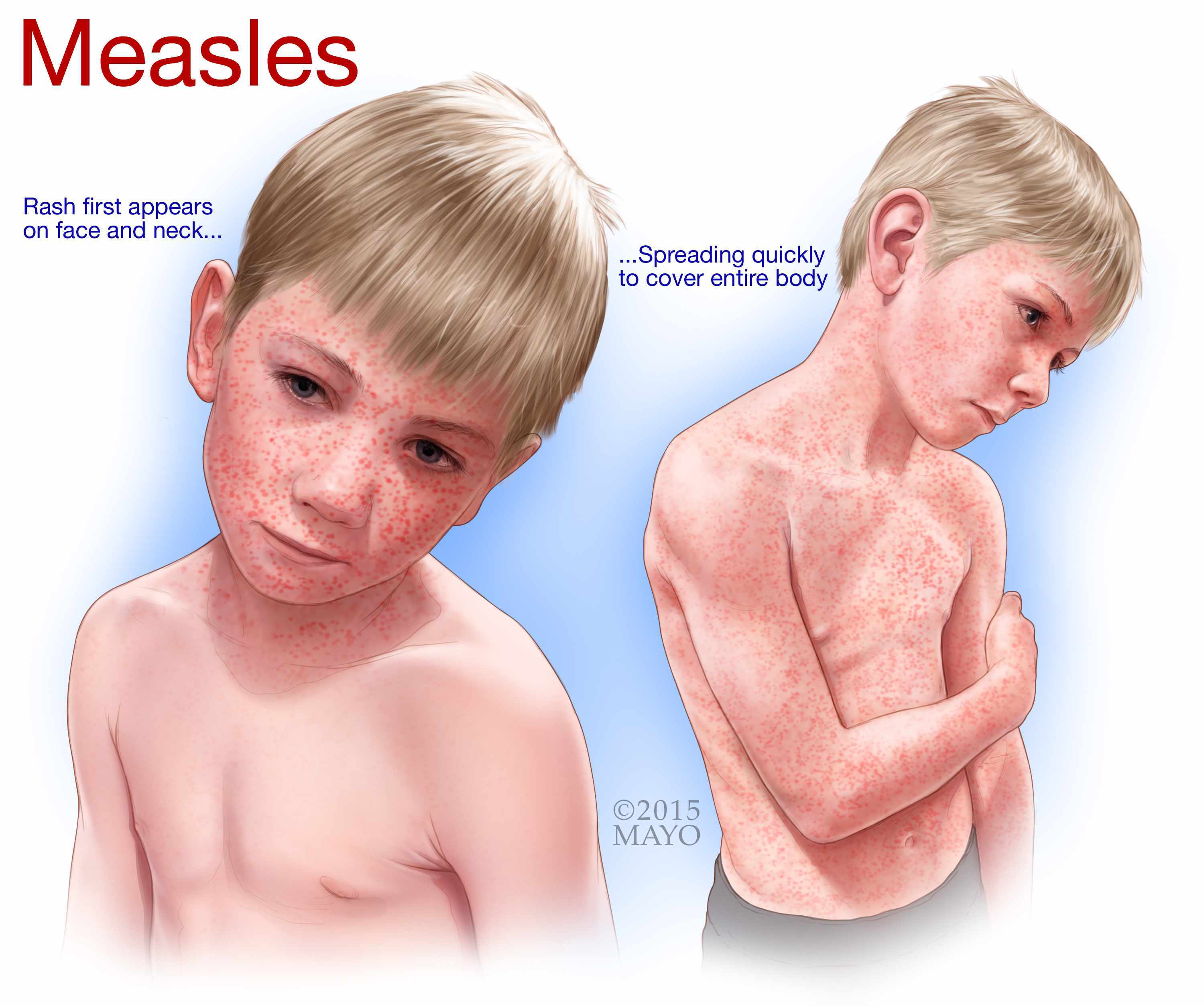-
Infectious Diseases A-Z: Measles in the U.S.

Since the first of the year, nearly two dozen people from six states–California, Colorado, Florida, New Jersey, New York and Pennsylvania – were reported to have been infected with measles, according to the Centers for Disease Control and Prevention (CDC). Mayo Clinic infectious diseases specialist Dr. Pritish Tosh says measles is among the most infectious agents known.
"Measles is a viral disease that, before vaccination, used to affect children across the world," says, Dr. Tosh. "Most kids developed a fever and a rash. Most would get better without any problems; however, many kids would die. You can have infection in the brain, infection in the lung and elsewhere. To this day, there are thousands of measles deaths across the world, mostly in developing countries."
Watch: Dr. Pritish Tosh discusses measles.
Journalists: Broadcast-quality sound bites are in the downloads.
Measles can be prevented with measles, mumps, and rubella (MMR) vaccine. The CDC reports that most people who were infected with measles this year were unvaccinated. Dr. Tosh says, "I think the issue is we have lost our community memory of how measles would cause so many problems, including death, in children. And right now in developing countries, measles is still a major cause of childhood mortality. We have been a victim of our own success in terms of the measles vaccine. People are choosing not to vaccinate their kids because, well, they don’t see measles."
Dr. Tosh adds, "But the reason they don’t see measles is because people have been vaccinating their kids. People will often not vaccinate because of concerns about autism or other things. Those things have over and over again been proven wrong. This is a safe and effective vaccine and should be given to all children, unless they’re part of a very small group of kids, who have contraindications based on other factors regarding their health."
View the CDC's 2017 vaccination schedule.
Related Articles







